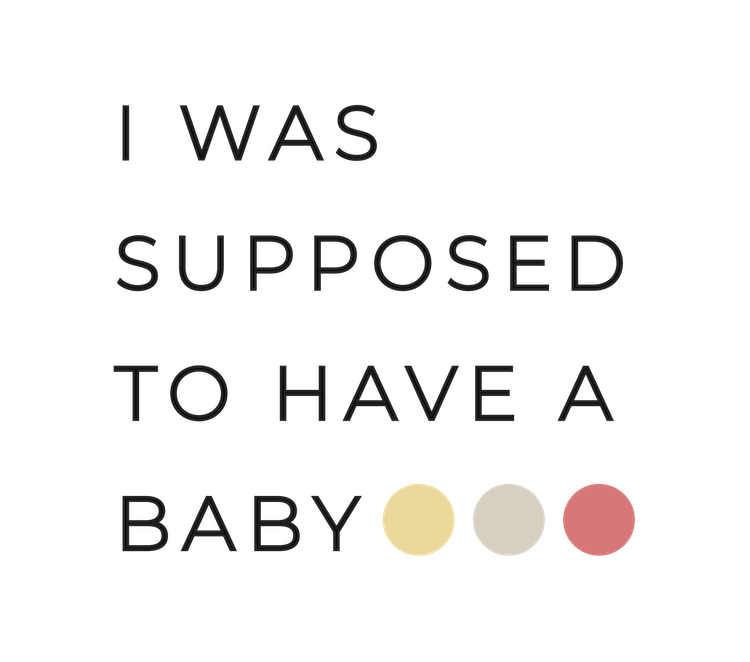Fixing is Not Healing
“This (whole conversation) brings up a lot for me. I’m healing from a lot of trauma and it’s definitely felt in [my] relationship. My husband is a practical down-to-earth person and takes a problem solving approach to many areas of life, in general.
But healing is not fixing.
These are not necessarily clear problems to be solved. Healing takes time and space and isn’t really defined by any rules. And we don’t choose trauma, [so] it’s not our weakness. We DO choose healing, and that’s our strength.
I can be there and show up for myself because I know what I need, but it’s really hard when he can’t see it the same way.”
-Anonymous
We’ve shared this before, but it’s worth sharing again. One of our pregnancy loss support group participants shared this concept a while ago, and it resonated with many of you.
She said that she uses this framework with her husband. He knows that when she’s upset about something, but he doesn’t always know what she needs from him. So he asks these three questions:
1-Do you want me to validate?
2-Do you want me to try and fix it?
3-Do you want to be heard (and comforted)?
Because sometimes you need 1, sometimes 2 or 3, 2 & 3, 1 & 3, or all three. It can change day by day, hour by hour and sometimes even minute by minute. You’re allowed to change your mind, and you’re allowed to want more than one. Because sometimes the hug you needed at 6am might be unwelcome at 6pm and now you need problem solving. Or vice versa.
The key here is to communicate your needs, because people can’t read minds.
Relationships *are* hard work. But it’s not impossible to get what you need.

